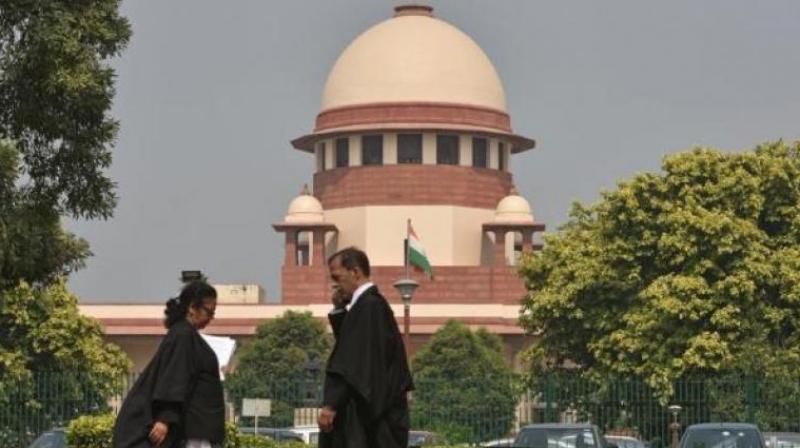DC Edit | Judiciary stands for inclusivity

The decision of the Supreme Court collegium to stand by its earlier recommendations to appoint three judges discounting the objections of the government agencies is a welcome exception at a time when conformity has become the rule. The reservations against one lawyer concerned his sexual orientation while two others were considered unsuitable over their social media comments critical of government policies.
The collegium has defended its recommendations based on constitutional rights as well as changing social mores as reflected in the law. It also told the government that the criteria for judgeship are the person’s professional competence, merit and integrity, and nothing else.
While defending the lawyer who has a homosexual foreign citizen for partner, the collegium not only pointed out that inhabiting his sexuality is his constitutional right but even went one step further and said his appointment will “add to the value of the bench …and provide inclusion and diversity”. It goes to his credit that he is honest about his sexual orientation, the collegium noted.
As for the objection to the names of the two lawyers who were openly critical of certain government policies, the collegium iterated the constitutional protection every citizen enjoys with respect to freedom of speech and expression. Expression of views by a candidate does not disentitle a person from holding an office, it asserted.
Uniformity is the favourite theme music that we hear from the power corridors these days where diversity is seen as a cardinal sin. Anyone who steps aside and asks an uncomfortable question is made to pay a price. But this cannot be an Indian attitude; we have institutionalised respect for diversity knowing very well that it is key to our survival as a democracy. The executive may have its compulsions but it is heartening to note that that the judiciary, at least, has chosen to act as the guardian angel of this value.

